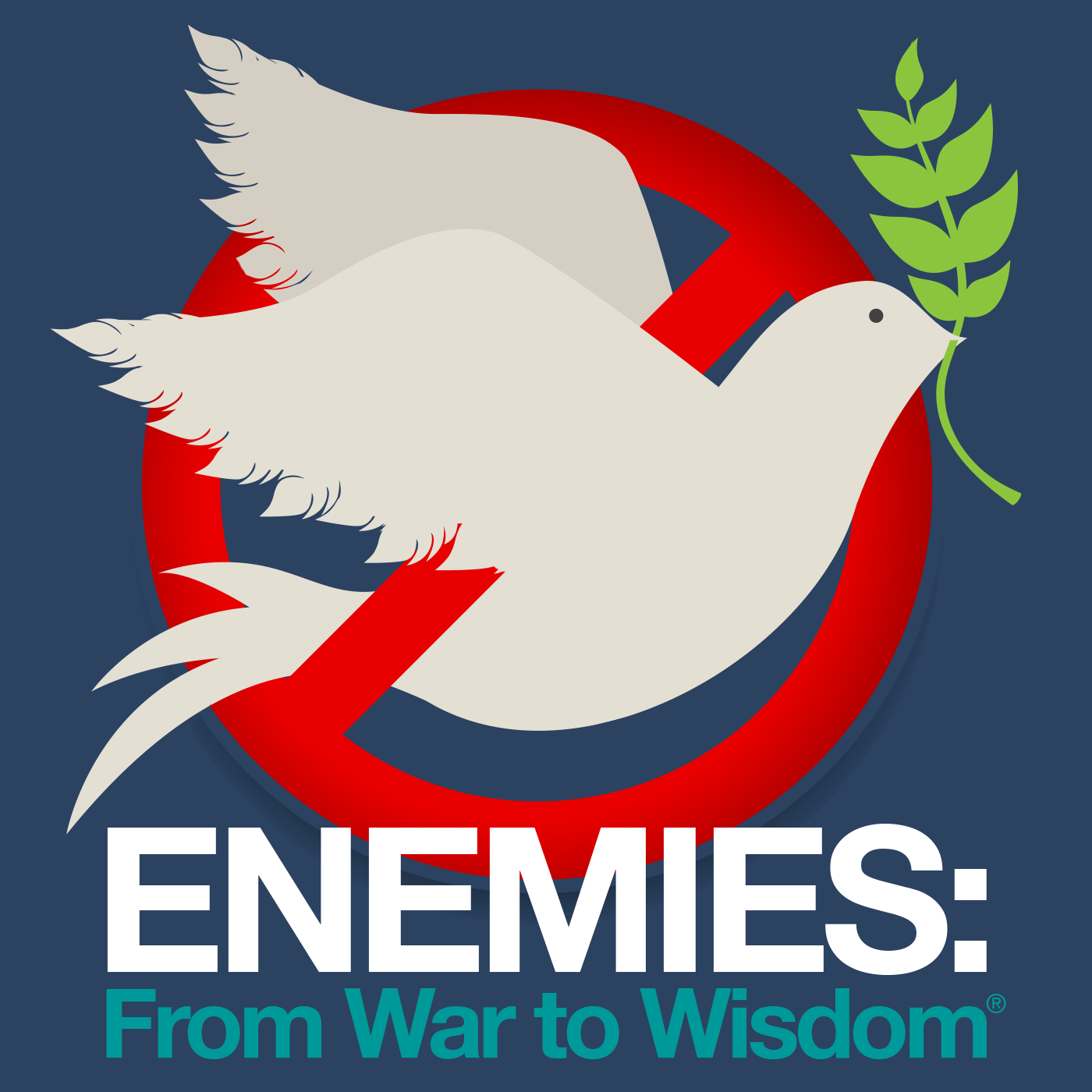As the history of Homo Sapiens suggests, we are more likely to be at war against others in our species, than to be able to live peacefully with them. And yet, some of this agitation about facing others who have opposed or harmed us might be able to be contained and understood. In the 5th century BCE text “The Art of War,” attributed to Sun Tzu, there are rules of conflict that insist on little punishment of enemies after defeat and on the importance of providing some stable and secure circumstances for those you have conquered. The primary teaching is interdependence – that the welfare of those you have defeated is also your own welfare going forward. In other words, if you treat your defeated enemies well, they are unlikely to retaliate against you. Nelson Mandela created the prototype for this way of behaving in modern times with has commitment to not retaliating against the white South Africans who had imprisoned him. In this podcast, we will talk about the possibilities and impossibilities of clearing some of the fog of war in our time.

NEW EPISODE of Enemies: From War to Wisdom is now live! Episode 38 (Part 2): What Is “Crowd Psychology”? How Does It Affect Individuals...

In this podcast we will return again to the way we speak to ourselves and others. Once again, we will tune into the problem...

When people are preparing to go through a wedding – whether it’s their first or not – they often dream they are dying or...